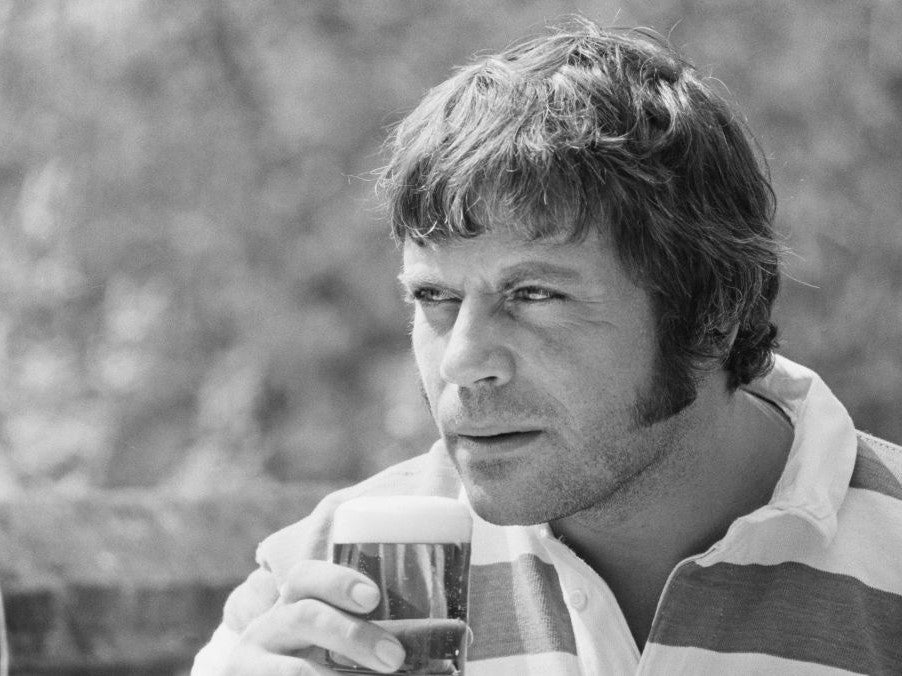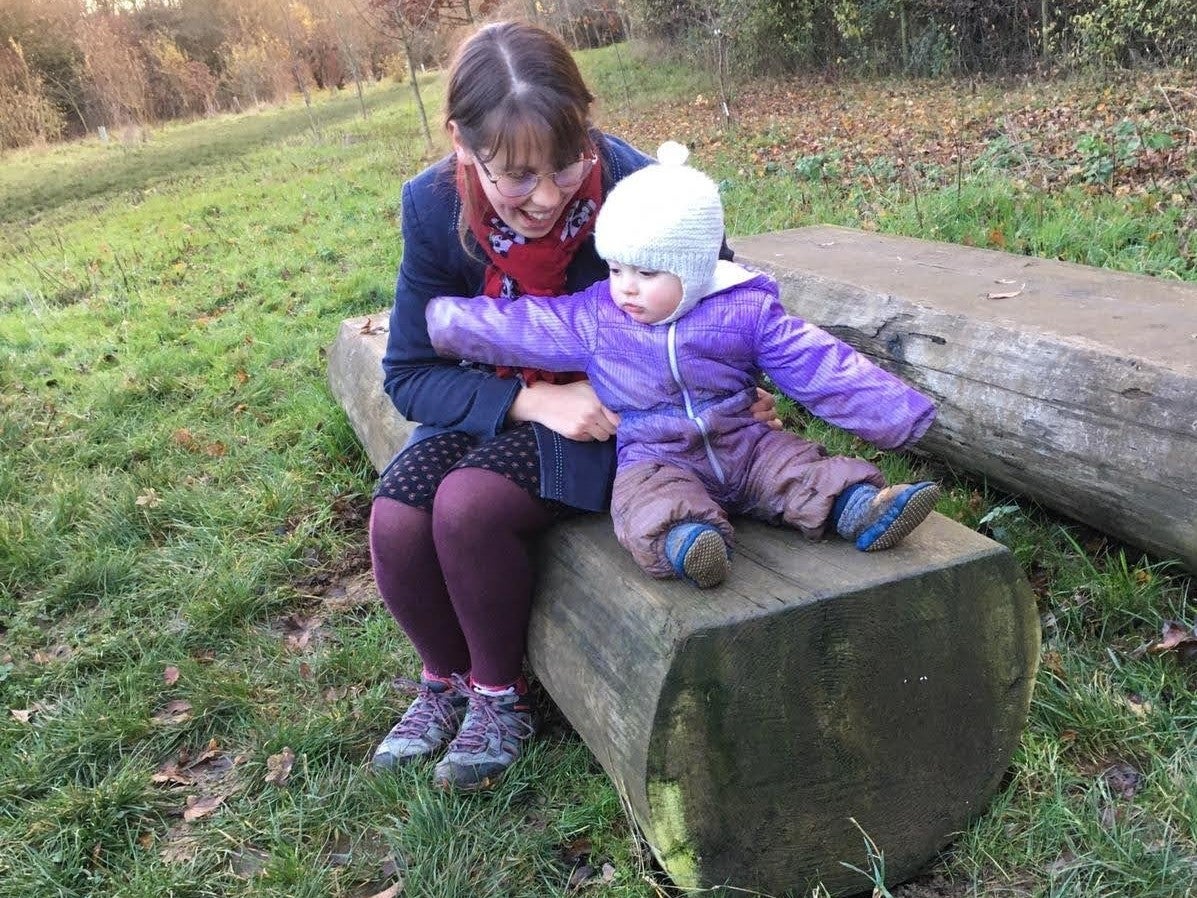Please sir, I want to know why: how Oliver and Olivia became the go-to names for millennial parents
They are this generation’s James and Sarah – but experts perplexed over ongoing popularity

They are the two names that, year after year, takes on all-comers and still end up on top.
Oliver and Olivia are like Man Utd under Alex Ferguson or the All Blacks in the early teens: remorseless, table-topping machines.
For the fifth year running, they have both just been revealed as the most popular baby names for boys and girls in England and Wales. Neither has been outside the top two now for a decade.
In a contest with almost limitless potential challengers – come on; Colin, anyone? – the two names barely broke sweat to sit once again at the top of the annual Office for National Statistics table.
So long have this twin pair now occupied their lofty positions, they have seen off three prime ministers, two American presidents and one pandemic. When Oliver and Olivia first climbed to top spot, Brexit wasn’t even yet a thing. They provide an apparent beacon of stability in our age of uncertainty.
The big question, though, might be, well, why? That is to say, in an age when trends and fashion move at TikTok speed and when individualism is oft-prized above all else, why do these two names – one most associated with a regicidal genocidist; the other with chills that multiply – hold such ongoing allure for parents?
Why were almost 8,000 tots bestowed with Oliver and Olivia in 2020 yet none – not a single solitary baby – had the honour of being, for instance, Nigel?
“The simple answer is we have not the slightest idea – it’s puzzling,” says Richard Coates, professor emeritus of onomastics at the University of the West of England. “It’s a contradiction to the general modern trend because, historically, there were names that stayed popular for centuries – John and Richard for instance would have been in the top five for six hundred years – but that changed in the late 20th century, and what we see now is names peaking and then going down. But Oliver and Olivia do appear to defy that.”
Does it sound nice in some way? Might the phonetics of it appeal on some evolutionary level?
“I’m sure it does for individuals who chose it,” says Prof Coates. “You do get parents saying ‘I called them such and such just because I like the name’ but it’s very difficult to disentangle that from other possible reasons why a name is popular.”

The particular mystery with Oliver and Olivia is that there appears to have been no recognisable spark for their current rise.
Many of the most common names in 2020 can be traced back to some cause, whether that be royal connotations (George), Hollywood influence (Leo), demographic shift (Muhammad) or a simple indicator of this country’s one-time obsession with Australian soaps (Isla).
Yet with Oliver and Olivia – not so much.
It seems unlikely that new parents would be honouring, for instance, Reed at one end of the scale or Rodrigo at the other. There have been no immigration patterns that have brought us more Oliver’s since it was first introduced here during the Norman conquest, while Dickens’ child orphan - enduring as he is - seems an unlikely inspiration. They are not even names that harks back to grandparents. Because of its association with Cromwell, they were, says Prof Coates, semi-tainted monikers for centuries.
Yet conversely, some say, that last point might be part of the appeal.
Despite being in the top three names consistently for almost 15 years, both handles may still feel novel to this generation of parents because they simply did not hear them much in childhood.
“They were around when we were young but they weren’t popular so they feel quite fresh,” says Clare Green, editor with the Nameberry website. “And also there are no other names like them. You get groups that sound quite similar – Ava, Ada, Alba – but there’s nothing quite like Oliver so it feels distinctive.”
Vowels are also in vogue, it seems. “In the Seventies and Eighties, you had names that were more heavy on consonants like James and Sarah,” says Green. “But there has been a big swing towards the more flowing sounds of vowels.”
By the reverse token, it’s probably no surprise that names like Nigel have become temporarily extinct. This generation tend to associate it with older men and struggle to apply it to babies. Generation Z may feel the same way about once-ubiquitous names such as David and Laura.
“But they’re not gone forever,” says Ms Green, who actually named her own son David. “We talk about something called the 100-year-rule where a name has been out for so long, it begins to feel fresh again. So, in another 50 years time, Nigel and Carol and Barbara – names like that – could be the trendy thing.”
The 100-year-rule, indeed, may explain why Mabel is currently surging in popularity.
All of which leave perhaps one final question. How long can we expect to see the two O’s slapping down all challengers? A while yet, it seems.
Names that get to the very top of the charts do tend to have a decent run. Sarah – now out of the top 100 – had a decade as number one in the Seventies and Eighties. William was probably in the top five from the medieval period up to the early 20th century.
Yet, there may also be signs Oliver and Olivia are beginning to wane. While both names remain popular among slightly older mothers, it is now dropping down among their younger counterparts. Their time may be coming to a close. Two generations from now it may have gone the way of the Nigel.
What might replace them? “Only the future will tell,” says Ms Green. The future and Gen Z.
Join our commenting forum
Join thought-provoking conversations, follow other Independent readers and see their replies
Comments
Bookmark popover
Removed from bookmarks